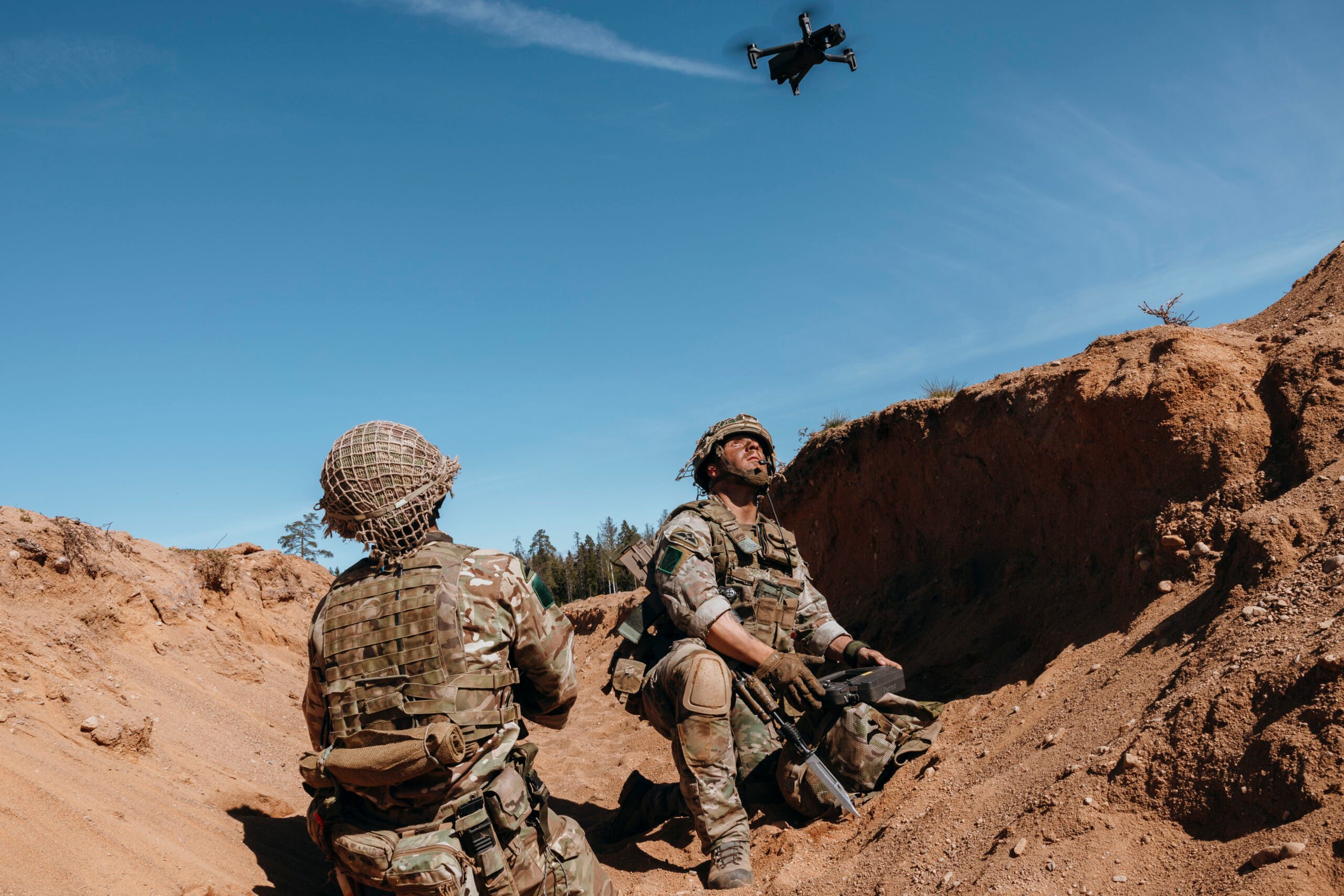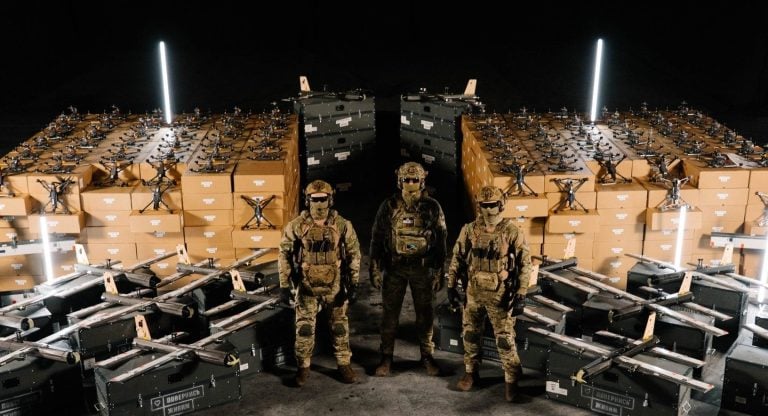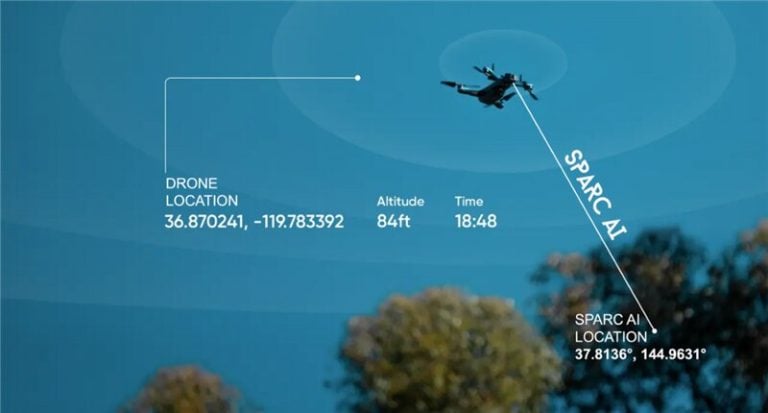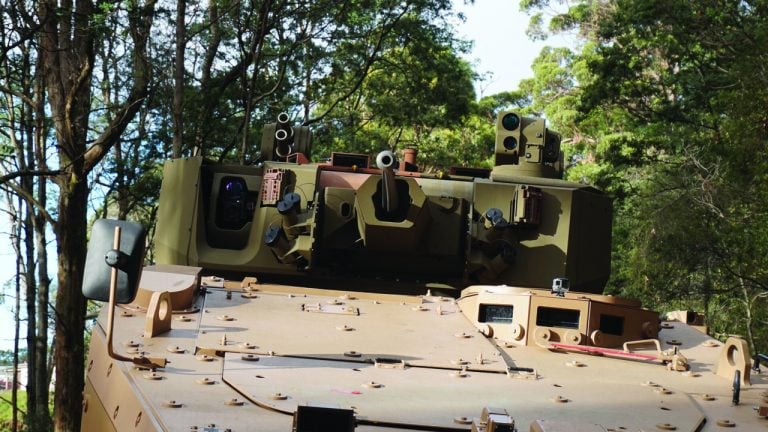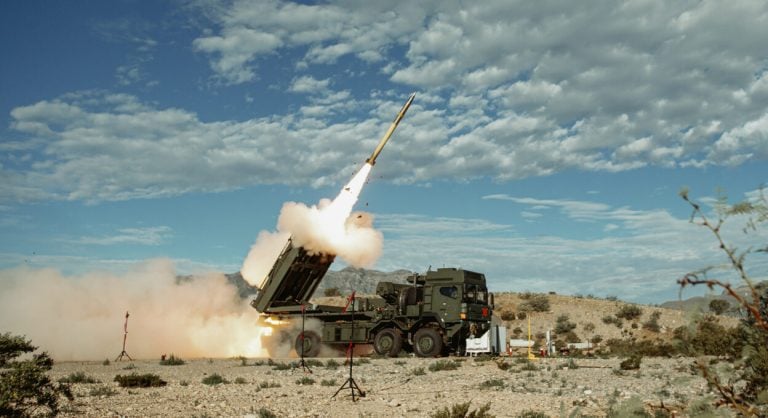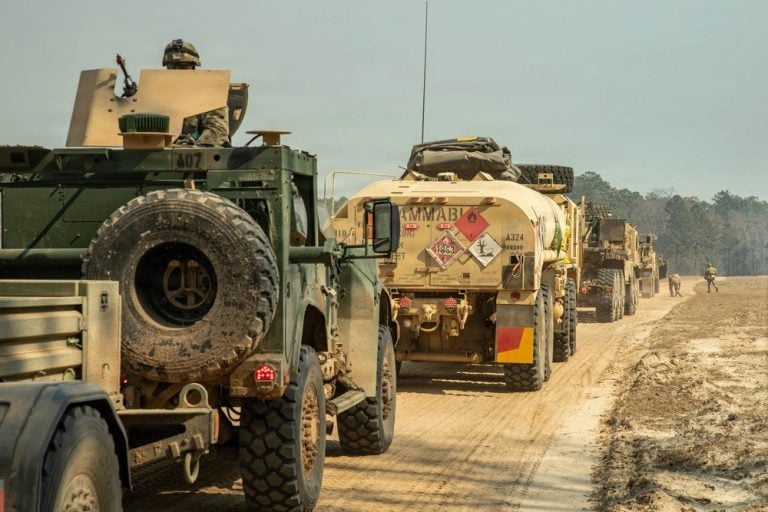The UK Ministry of Defence has awarded a significant contract to defense firm Anartes, valued at five million pounds ($6.6 million), aimed at enhancing the capabilities of the British Army through the introduction of advanced drone systems. This partnership is pivotal for the army’s first-person view (FPV) program, designed to deliver enhanced drone warfare training to soldiers.
The contract will facilitate the provision of drone kits, crucial for training pilot proficiency in FPV strike tactics. These kits are versatile, allowing for later modifications to incorporate simulated munitions, including anti-tank, anti-personnel, or anti-structure weapons, thereby enabling more complex and realistic training exercises.
The order includes a diverse range of FPV drones in various sizes—specifically, 1,000 units of quadcopter models measuring five inches (12.7 centimeters), eight inches (20.3 centimeters), and ten inches (25.4 centimeters). Each kit is comprehensive, featuring batteries and FPV goggles, and employs commercial off-the-shelf components along with open-source firmware. This design choice empowers users to assemble and maintain the drones independently, fostering a practical skill set among personnel.
Training will be conducted at Lulworth Camp, where instructors with extensive FPV experience will lead a structured two-day familiarization course utilizing a minimum of three different drone systems. Soldiers are required to complete 15 hours of simulator training prior to operating live FPV units, ensuring they gain realistic experience that closely mimics battlefield conditions.
This endeavor aligns with the broader vision set out in the Defence Drone Strategy, which is focused on developing organic drone warfare capabilities within the army’s frontline units. The FPV initiative, launched in 2024, highlights the military’s commitment to keeping pace with technological advancements in warfare.
Moreover, this contract marks a significant step forward in the UK’s drone training and acquisition efforts. In recent developments, the British Army has broadened its FPV pilot educational programs and introduced new simulation environments to refine flight control and targeting accuracy.
The adoption of small autonomous drones is not limited to the army; the Royal Navy has also integrated these technologies into its operations, utilizing them for shipborne reconnaissance and resupply missions. Meanwhile, the Royal Air Force has welcomed the entry of the Protector RG Mk1 into service, further demonstrating the UK’s commitment to enhancing its military capabilities through innovative drone technology.
